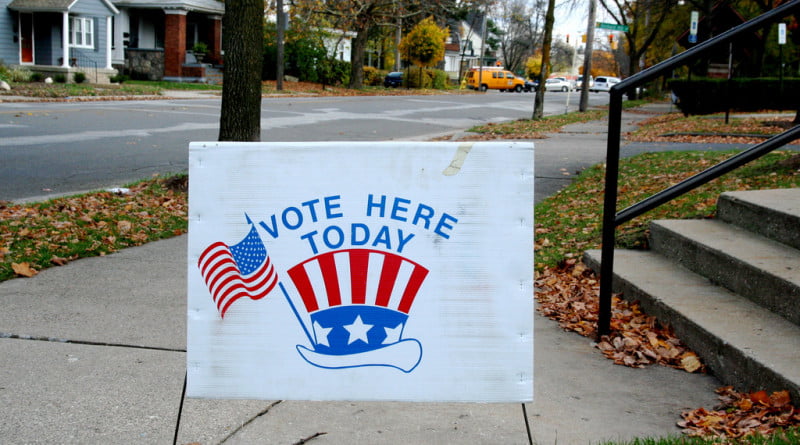Should You Vote?

Should you vote? Is it helpful? Does it achieve anything you want? Is it moral? Maybe the sacred “civic duty” isn’t all we’re told. Maybe the old saying that “If you don’t vote, you can’t complain” should actually go the other way around – “If you do vote, you can’t complain”, because it’s those who vote who keep blindly choosing between preselected lesser of two evils; who keep granting legitimacy to the maniacs; who give sanction to every awful thing governments do. So this election season, challenge yourselves – dig into some new information, and break some deeply held beliefs about this religious ritual known as voting.
Below you’ll find some articles and videos that help to show the truth about voting.
- All Elections Are Scams – Article by Christopher Cantwell
- The Truth About Voting – Stefan Molyneux
- Truth About Voting Part 2
- Truth About Voting Part 3
- The Voting Booth – A Suggestion Box For Slaves
- Comparing Political Elections to Corporate Elections
- A Voting Epiphany
- Kill The State of Consent – Bill Buppert
- Turn Out For What?
- If We Quit Voting – Frank Chodorov
- Statists Desperate to Make People Vote For Them
- Voting Is An Act of Violence

- From Lew Rockwell today…Professor Carroll Quigley was President Clinton’s mentor when he was a student at Georgetown University. From his book, Tragedy and Hope:“The National parties and their presidential candidates, with the Eastern Establishment assiduously fostering the process behind the scenes, moved closer together and nearly met in the center with almost identical candidates and platforms, although the process was concealed as much as possible, by the revival of obsolescent or meaningless war cries and slogans (often going back to the Civil War). … The argument that the two parties should represent opposed ideals and policies, one, perhaps, of the Right and the other of the Left, is a foolish idea acceptable only to the doctrinaire and academic thinkers. Instead, the two parties should be almost identical, so that the American people can “throw the rascals out” at any election without leading to any profound or extreme shifts in policy. … Either party in office becomes in time corrupt, tired, unenterprising, and vigorless. Then it should be possible to replace it, every four years if necessary, by the other party, which will be none of these things but will still pursue, with new vigor, approximately the same basic policies. [Carroll Quigley, Tragedy and Hope: A History of the World in Our Time (New York: Macmillan, 1966), pp. 1247-1248.]”
Thanks to Mark Carroll.






